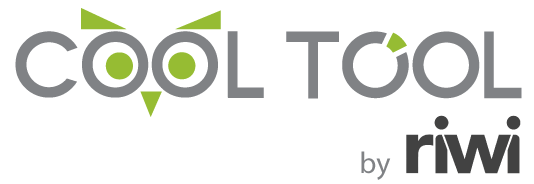RIWI’s CEO, CTO and colleagues at the University of Toronto have published “World Survey of Mental Illness Stigma” in the Journal of Affective Disorders. The study’s objective was to obtain rapid and reproducible opinions that address mental illness stigma around the world.
“We know from many international leaders in the mental health policy community that global measurement can help researchers understand baseline data in mental health stigma and surveillance, thus enabling exciting intervention impact assessment and data analytics,” said Neil Seeman, RIWI’s Founder and CEO and a Senior Fellow at Massey College in the University of Toronto.
“Although we have enjoyed many academic and expert reviews of our patented data collection methodology, this is a validation of the global replicability and falsifiability of our proprietary data stream in a scholarly journal and it is a data set of over 1 million people run over 19 months in more than 200 countries (sample size varies by data subset),” said Mr. Seeman, who also teaches on the Internet and healthcare policy at the University of Toronto.
Study Highlights
• 7% of replies from developed countries felt that the mentally ill were more violent
• 15% of replies from developing countries felt that the mentally ill were more violent
• 45% of replies from developed countries felt mental illness to be like physical illness
• Only 7% of replies from developed countries thought the illness could be overcome
Over a period of 1.7 years, 596,712 respondents from 229 countries completed the online survey. The response rate was 54.3%. China had the highest proportion of respondents in daily contact with a person with mental illness. In developed countries, 7% to 8% of respondents endorsed the statement that individuals with mental illness were more violent than others, in contrast to 15% or 16% in developing countries. While 45% to 51% of respondents from developed countries believed that mental illness was similar to physical illness, only 7% believed that mental illness could be overcome. To test for reproducibility, 21 repeats of the same questions were asked monthly in India for 21 months. Each time, 10.1±0.11% s.e. of respondents endorsed the statement that persons who suffer from mental illness are more violent than others, indicating strong reproducibility of response.
Conclusion
This study shows that surveys of constructs such as stigma towards mental illness can be carried out rapidly and repeatedly across the globe, so that the impact of policy interventions can be readily measured.
Join Us
Says Mr. Seeman: “We support the amazing vision of Bill Gates, who wrote in the Wall Street Journal in 2013, ‘You can achieve incredible progress if you set a clear goal and find a measure that will drive progress toward that goal…”.
Mr. Seeman, who is also co-author of two books on brain science and mental health, says, “If our work inspires new ideas for data collection globally or in multiple markets, please contact us. The RIWI Corporation’s survey technology platform aims to be the hub of a growing global data ecosystem to provide evidence-based insights to measure vital indicators such as civil unrest, transparency, security, or healthcare access in order to hear and measure the voices of people in all geographies, most of whom never answer typical surveys.”
Contacts
To learn more about RIWI’s global survey technology platform, please contact: inquiry@riwi.com
For media inquiries, or to contact Mr. Seeman about this study, please contact Ms. Sheila Penton: sheila@riwi.com
To reach Elsevier, the global academic publisher, and learn about accessing the full journal article (In Press Accepted Manuscript), please visit:
http://www.sciencedirect.com/science/article/pii/S0165032715307953
